2025 RWA Full-Lifecycle Implementation Practical Forum: Decoding the Implementation Path for Cross-Border Asset Tokenization | Dacheng Shanghai · Event Report
Release date:2025-07-11
As blockchain technology increasingly integrates with the real economy, Real World Asset Tokenization (RWA) has become a significant driver of innovation within the global financial system. On the afternoon of July 10, 2025, the "RWA Full-Lifecycle Implementation Practical Forum: Ushering in the Era of Asset Digitalization," hosted by the Dacheng Web3 Research Center, jointly hosted by Dacheng Financial Industry Committee, Hong Kong Blockchain Federation, and RWA Academy, and organized by Dacheng Shanghai concluded successfully. This forum was presided over by Lawyer Yu Chiyu who is the Secretary-General of the Dacheng Web3 Research Center and Vice Dean of the Legal & Compliance Academy of the RWA Academy.
This forum focused on the full-lifecycle implementation practices of Real World Asset Tokenization (hereinafter referred to as "RWA"), covering critical steps such as asset verification and establishment of rights in mainland China and cross-regional issuance. Attending experts conducted in-depth analyses of core topics including the compliance pathways for RWA products and ecosystem construction. They systematically promoted the convergence of theoretical research and practical operations, actively explored pathways for constructing industry standards, and provided professional support for effectively connecting Chinese assets to global market liquidity.
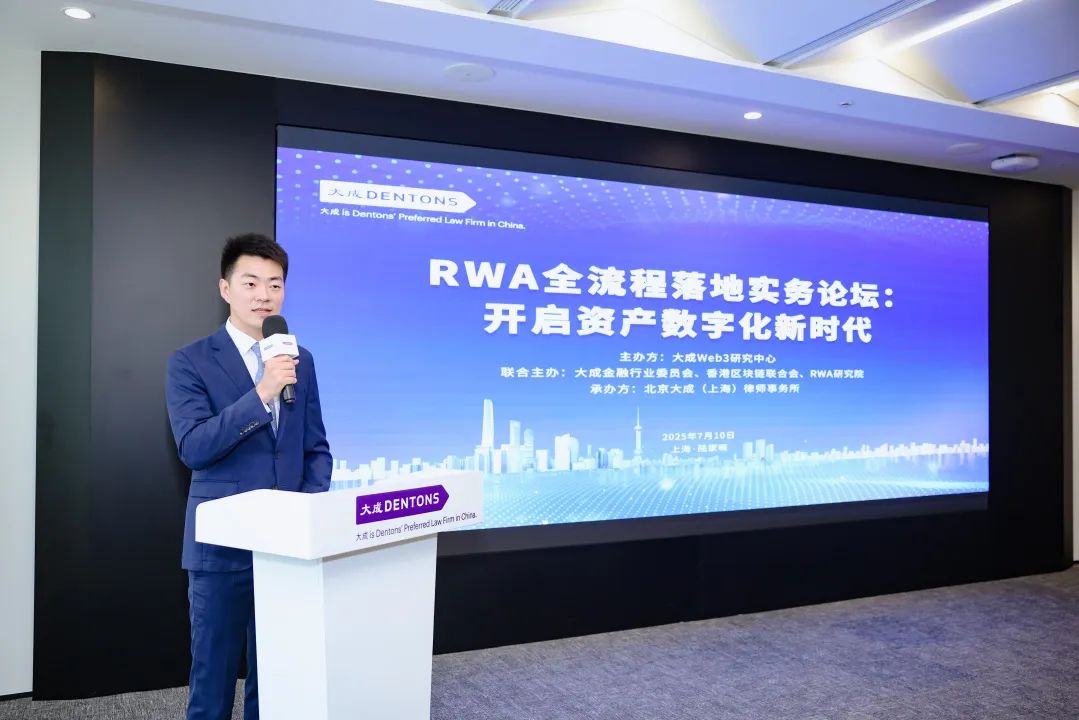
During the forum's opening remarks, Lawyer Wang Jie, Lead Coordinator of the Dacheng Financial Industry Committee and Advisor to the Listed Companies Committee of the RWA Academy, expressed sincere gratitude to all attendees and delivered a keynote speech titled "Global Fintech Frontiers: The Digital Wealth Code in the AI Era." In his speech, he emphasized that investors need to simultaneously pay attention to international trends in data assetization and asset datafication while continuously tracking the evolution direction of relevant regulatory policies in China. Although the RWA concept first gained significant market traction in the US, China's current regulatory framework in the digital currency sector is showing positive development momentum. Lawyer Wang Jie further conducted a comparative analysis of the application scenarios of fiat currency, digital currency, stablecoins, and RWA, elucidating their core differentiating characteristics. He systematically proposed that RWA implementation practice comprises four key components: one core principle, dual critical supports, three types of participating institutions, and a four-step implementation process. He stressed that advancing RWA can optimize global financial resource allocation mechanisms, transcend traditional geographical constraints, and strengthen the efficiency of cross-border asset circulation. Therefore, the conference aimed to build a sustainable industry development pathway through mindset upgrades, resource structure reorganization, performance trend growth, and regulatory system optimization.
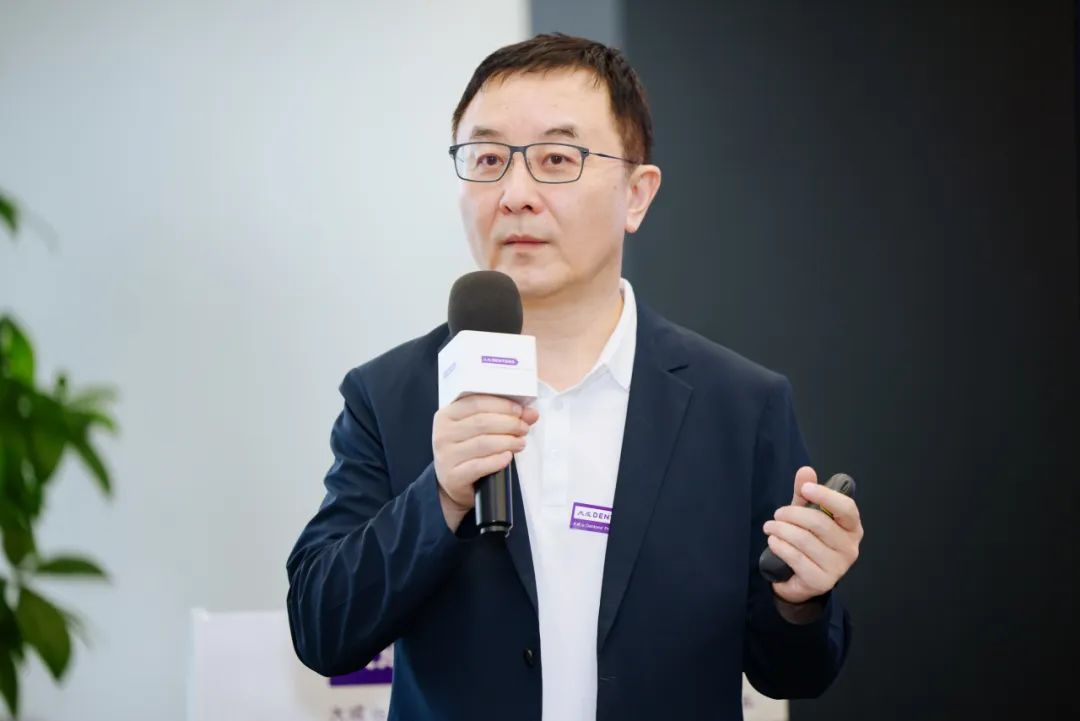
Lawyer Wang Shanliang, Director of the Dacheng Web3 Research Center and Dean of the Legal & Compliance Academy of the RWA Academy, presented a thematic initiative titled "RWA Implementation Practice Across Hundred Cities, Convergence of Wisdom Hundred Talents Initiative." By combining practical experience with case analogies, he illustrated the transformative potential of Web3 technology on industry ecosystems, pointing out that domestic enterprises can develop RWA by learning from overseas practical cases. Since RWA, by fractionalizing and tokenizing physical assets, can promote global asset liquidity, reduce transaction fees and taxes, and support personalized asset allocation and enhanced security levels, Lawyer Wang advocated for all industries to collaboratively advance the implementation of RWA applications under the premise of compliance.
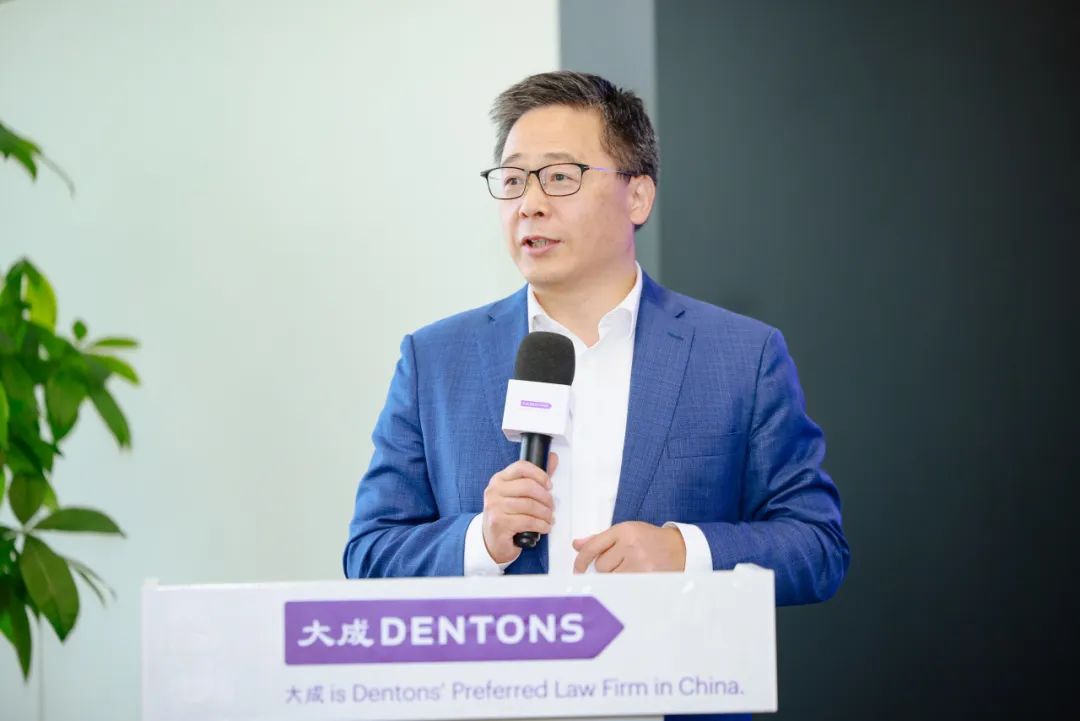
Long Dian, Founder of Huoxun Finance and Initiator of the RWA Academy, delivered a presentation titled "Real-World Assets On-Chain: The RWA Industry Roadmap," asserting that RWA represents the evolutionary direction of business development. By analyzing the evolution path of accounting methods—from knotted cords and double-entry bookkeeping to distributed ledger technology—he explained how Web3 technology has led digital assets to evolve from a non-mainstream form into a new type of financial instrument. Within the framework of the industry roadmap, he defined RWA as a system based on trust verification mechanisms, a global collaborative network with programmable incentive features, and a collection of liquid digital assets. He proposed that realizing this ecosystem requires focusing on building three fundamental pillars: technological infrastructure, regulatory adaptation frameworks, and industry scale synergy. He concluded by extending the discussion to explore RWA's future positioning and development prospects within the global economic system.
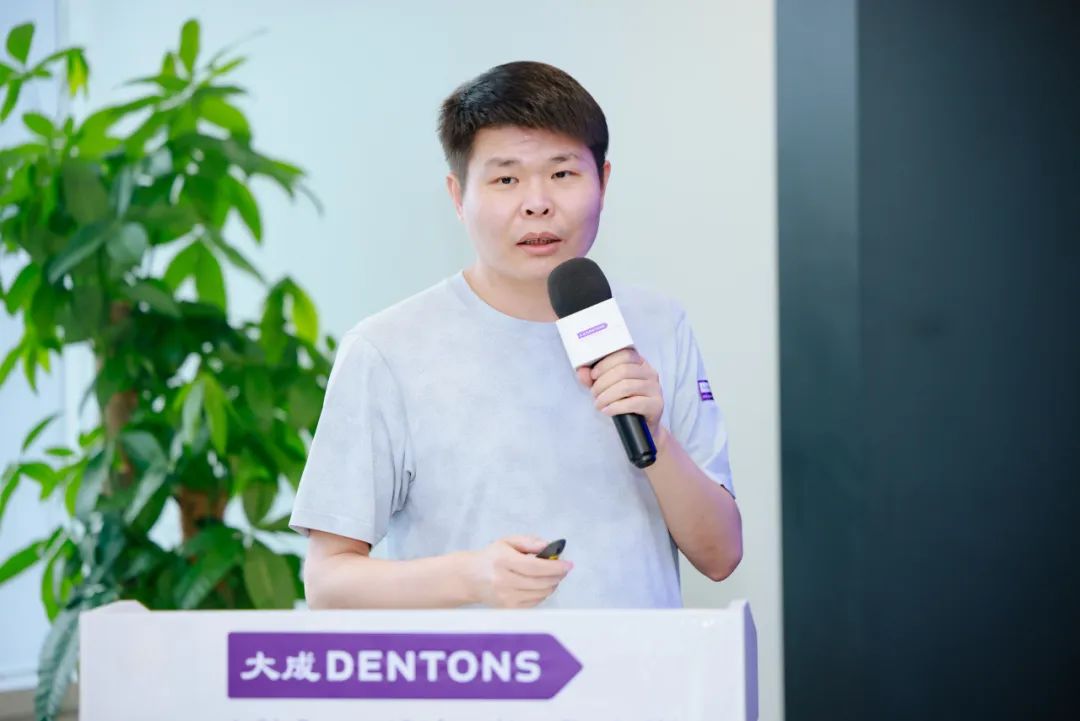
The first roundtable forum, "Listed Companies RWA Practice Seminar," was hosted by Shi Bohan, Initiator of the RWA Academy and Co-founder of Web3TOP. Participants included: Lawyer Wang Shanliang, Director of the Dacheng Web3 Center and Dean of the Legal & Compliance Academy of the RWA Academy; Xu Yuanzhong, Founder of the Metaverse Thirty Forum and Dean of the Metaverse Academy of the RWA Academy; Yi Huanhuan, Executive Chairman of the Metaverse Thirty Forum Council and Chairman of E-GU Group; Ying Jun, Digital Asset Lead of QuFu Consulting, COO of Yuanlong Yatu UOVAMETA, and Lead of Shanghai-Hong Kong Web3 Innovation Center. The discussion focused on solutions for fixed asset depreciation challenges, liquidity optimization hurdles, how distributed ledgers enhance asset security, and RWA's stablecoin-like characteristics. The participating experts also indicated that the market will strengthen its focus on RWA asset research and investment in the future, while advising that practical operations, given the current widespread attention on investment opportunities, should adhere to the principle of cautiousness in selecting projects and agencies.
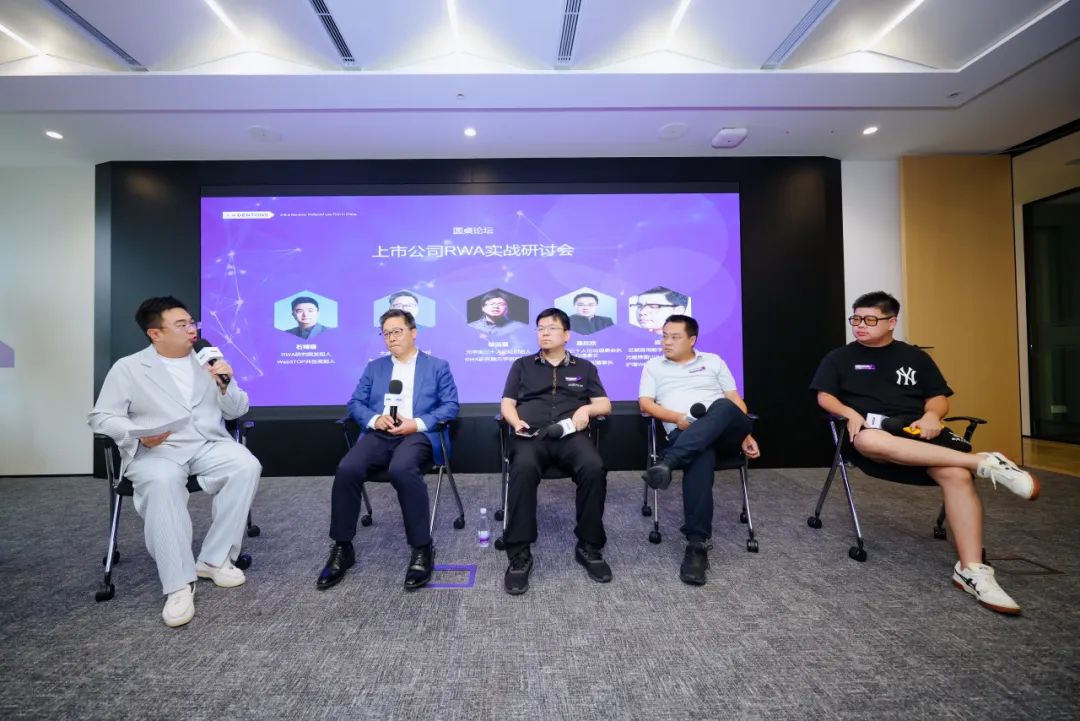
Shi Xingguo, Chairman of the Technical Committee of the RWA Academy and former Chief Engineer of the CAS Internet Laboratory, delivered a keynote speech titled "RWA Opportunities and the Web3 Omni-Chain Ecosystem," clarifying the infrastructural role of public chains in the digital economy. He analyzed the evolution from Web1.0 to Web3.0 from a technical perspective, emphasizing that Web3 is an enhancement to existing systems rather than a replacement. Regarding compliant asset custody, he pointed out that RWA currently enjoys a favorable stage of regulatory support, presenting a good window for practical application, although the architecture of major blockchain networks in the market still requires further optimization. Shi Xingguo posited that an ideal Web3 ecosystem needs to achieve three core interoperability capabilities: seamless integration between the physical world and digital assets, effective interconnection across blockchain protocols, and full convergence between Web2 and Web3 systems. Addressing key issues such as regulatory compliance adaptation and cross-chain bridging in RWA implementation, he showcased the RWA Academy's algorithm logic map for the RWA field and proposed various solutions.
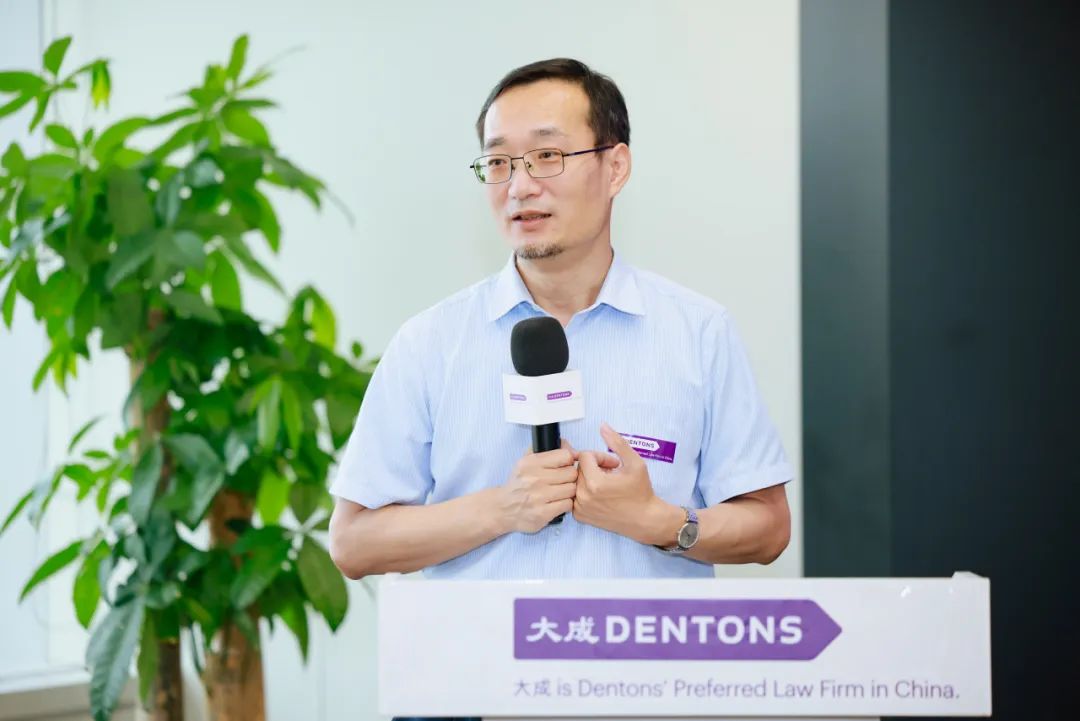
Lawyer Lu Di, Partner at Dacheng Shanghai and Council Member of the Dacheng Web3 Research Center, presented on "RWA: From Regulatory Frameworks to Cases of Cross-Border Issuance from Mainland China," analyzing RWA's development trends. She positioned RWA as a channel for value transformation between the real economy and digital assets, explaining the core mechanism through which RWA enables the digital fractionalization of traditional assets, while emphasizing that this process requires anchoring to real assets or rights. Subsequently, she pointed out that tokenization's primary attribute lies in its essence as a financial service, and its core logic focuses on the configuration relationship between assets and capital. Regarding implementation pathways, Lawyer Lu systematically outlined the RWA macro architecture, detailing the standardized process for compliant on-chain asset processing. This process specifically includes: legal verification and structuring of off-chain assets; asset data integration and on-chain operation; token minting technology execution; and token issuance and circulation management. Finally, through comparative analysis of practical cases following the offshore, mainland China, and Hong Kong models, Lawyer Lu revealed the differentiated characteristics of legal frameworks across different jurisdictions.
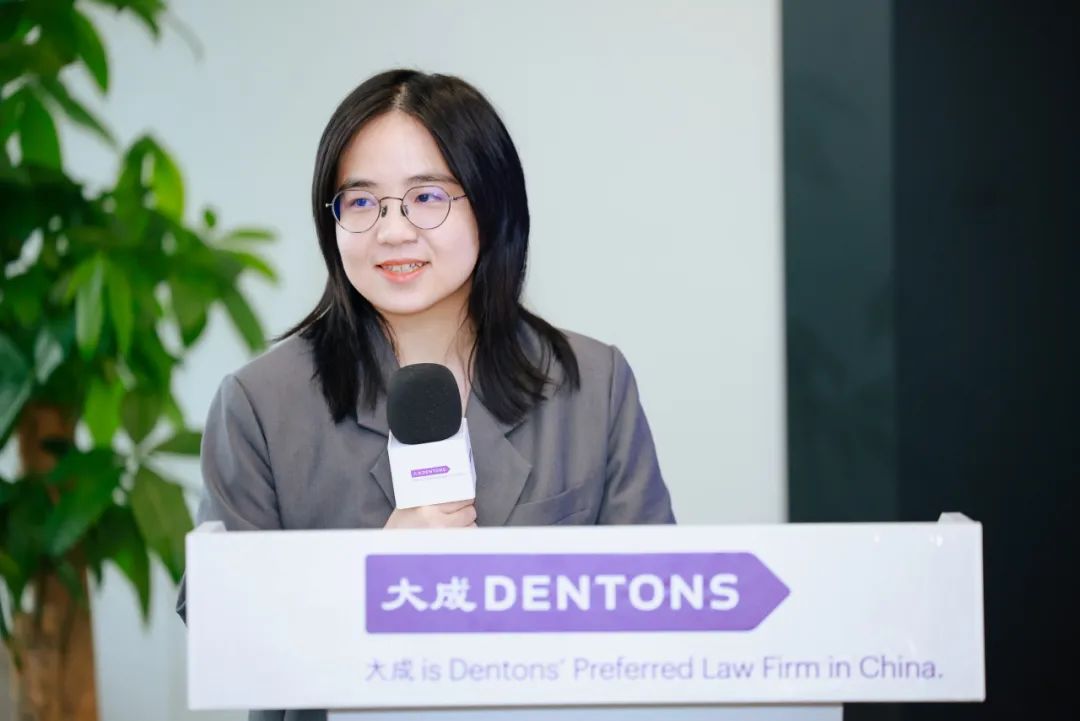
The second roundtable forum, "Exploration of RWA Ecosystem Standardization," was presided over by Lawyer Yu Chiyu, Secretary-General of the Dacheng Web3 Research Center and Vice Dean of the Legal & Compliance Academy of the RWA Academy. Participants included: Long Dian, Initiator of the RWA Academy and Founder of Huoxun Finance; Wang Yanan, Web3 Scholar and Founder of Hualu Future; Huang Sinan, Lead of Lumi-Web3 and Partner at PuXing Fund; Lawyer Chen Haodong, Partner at Dacheng Guangzhou and Council Member of the Dacheng Web3 Research Center; Lawyer Meng Xi, Partner at Dacheng Shanghai and Council Member of the Dacheng Web3 Research Center. The participating experts engaged in in-depth exchanges concerning the RWA Academy's organizational positioning and development goals. They discussed the industry value criteria and long-term development paths for RWA under the current market mechanisms and called upon the market to continuously attract professional expertise in relevant fields to participate in collaborative efforts.

Through the deep dialogue mechanism among its participants, this forum systematically addressed key challenges and solutions regarding cross-border asset tokenization across dimensions including compliance framework construction, technical architecture verification, and industry collaboration models. It established a practical bridge with tangible reference value for the full-cycle management of RWA. Leveraging its professional expertise in blockchain compliance, Dacheng Shanghai will continue to drive innovative practices in RWA concerning the construction of compliance standards, adaptation of cross-chain technologies, and global liquidity mechanisms. It will facilitate the deep integration process between traditional physical assets and the digital financial ecosystem, providing impetus for Chinese enterprises to achieve value transformation and upgrade amidst the global wave of digital assets.
Related Lawyers





